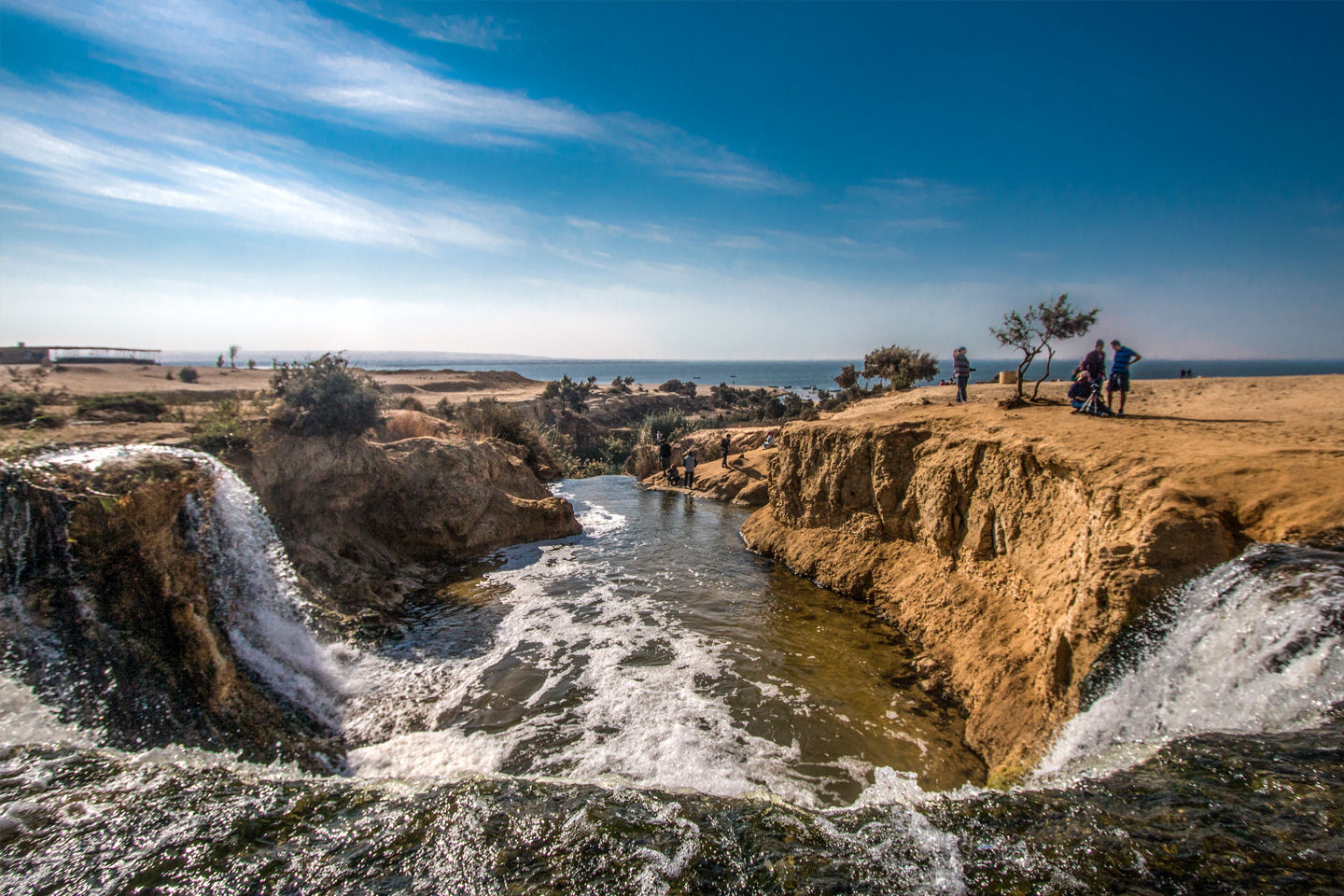natostratcon.info – Faiyum, an enchanting region in Egypt, is renowned for its rich history, archaeological treasures, and natural beauty. Located southwest of Cairo, Faiyum offers a unique blend of ancient heritage and stunning landscapes, making it an intriguing destination for travelers and historians alike.
Geographical Overview
Faiyum is a natural oasis in the Western Desert of Egypt, characterized by its lush greenery and fertile land. The area is nourished by the Bahr Yussef canal, a branch of the Nile River, which has supported agriculture and settlement in the region for thousands of years. Faiyum’s geography includes Lake Qarun, one of Egypt’s largest saltwater lakes, and the surrounding desert landscapes that offer a stark contrast to its fertile heartland.
Historical Significance
Faiyum boasts a rich tapestry of history that dates back to ancient Egypt. It was once a center of power and prosperity during the Middle Kingdom, under the reign of Pharaoh Senusret II. The region is dotted with archaeological sites, including the Pyramid of Hawara, which is believed to be the inspiration for the legend of the Labyrinth. Additionally, Faiyum is home to the famous Faiyum Portraits, exquisite examples of Greco-Roman funerary art that provide insight into the cultural fusion of the period.
Cultural Heritage
The cultural heritage of Faiyum is a reflection of its diverse historical influences, ranging from Pharaonic to Greco-Roman and Islamic periods. The region hosts various cultural festivals celebrating traditional music, dance, and crafts. Visitors can explore local markets that offer unique handicrafts, textiles, and pottery, showcasing the artisanal skills passed down through generations.
Natural Attractions
Faiyum’s natural attractions are a major draw for visitors seeking outdoor adventures and scenic beauty. Lake Qarun is a popular destination for birdwatching, as it hosts a variety of migratory birds and wildlife. The nearby Wadi El Rayan, a protected area, features stunning waterfalls and desert landscapes, offering opportunities for hiking, sandboarding, and wildlife observation. These natural wonders highlight Faiyum’s ecological diversity and the importance of conservation efforts.
Agriculture and Economy
Agriculture is the backbone of Faiyum’s economy, with the region’s fertile soil supporting the cultivation of crops such as wheat, cotton, and vegetables. The oasis also produces a variety of fruits, including figs and grapes. Efforts to modernize agricultural practices and promote sustainable farming are underway to ensure the long-term productivity of this vital sector.
Conclusion
Faiyum is a captivating blend of history, culture, and nature, offering a unique glimpse into Egypt’s past and present. Its archaeological sites, cultural heritage, and natural attractions make it a must-visit destination for those interested in exploring the rich tapestry of Egyptian civilization. As Faiyum continues to balance development with conservation, it remains a testament to the enduring legacy and beauty of Egypt’s oases.
